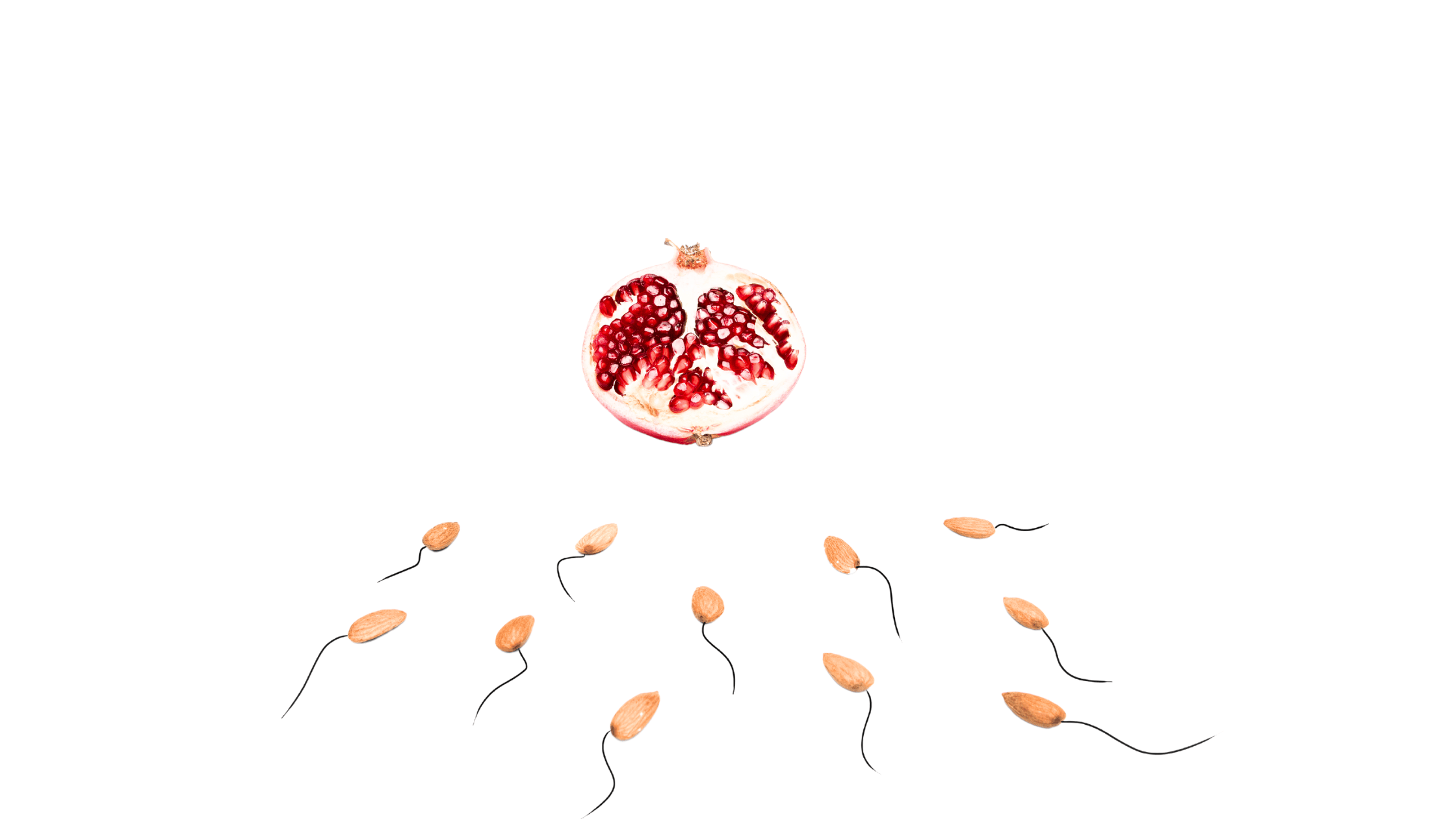Stress can significantly impact the body’s ability to conceive by disrupting various physiological processes involved in reproduction. Here are 4 ways stress can impact your fertility and evidence-based strategies to reduce the impact that stress has on your body!
Number 3 is so interesting!
1. Hormonal Imbalance: Stress can disrupt the delicate balance of reproductive hormones, leading to irregular menstrual cycles, ovulatory dysfunction, and reduced fertility. Research suggests that chronic stress can suppress the release of gonadotropin-releasing hormone (GnRH), luteinizing hormone (LH), and follicle-stimulating hormone (FSH), which are essential for ovulation and follicle development.
Your Strategy: Practice stress-reducing techniques such as mindfulness meditation, yoga, and deep breathing exercises. Research has shown that these techniques can help regulate our parasympathetic nervous system (rest and digest system), thereby mitigating the negative effects of stress on reproductive hormones.
2. Impaired Egg Quality and Sperm Health: Chronic stress can impact egg and sperm cell quality by increasing oxidative stress and inflammation, which can damage these cells. Studies have demonstrated that stress-induced oxidative damage to sperm DNA can impair sperm motility and reduce fertility rates.
Your Strategy: Adopt a healthy lifestyle that includes a balanced diet rich in antioxidants (colourful veggies and fruit), regular exercise (moderate), and adequate sleep (in the hours of 10pm-6am). To help get in these supportive nutrients try this amazing Moroccan Winter Salad recipe!
3. Altered Uterine Environment: Stress may affect the uterine environment, making it less conducive to implantation and successful pregnancy. Research suggests that stress-induced changes in uterine blood flow and hormone levels can impair endometrial receptivity and increase the risk of implantation failure.
Your Strategy: Engage in activities that promote relaxation and improve blood flow to the uterus, such as acupuncture or fertility massage. Studies have found that acupuncture can reduce stress levels and enhance uterine blood flow, potentially improving fertility outcomes.
4. Reduced Sexual Function: Chronic stress can lead to decreased libido and sexual dysfunction, which can affect couples’ ability to conceive. Research indicates that high levels of stress hormones like cortisol can inhibit sexual desire and arousal, leading to difficulties in achieving conception.
Your Strategy: Prioritize intimacy and communication with your partner, and explore relaxation techniques to reduce stress and enhance sexual satisfaction. Couples therapy or sex therapy may also be beneficial in addressing underlying stressors and improving sexual function.
While the problems each parent-to-be faces are different, what remains the same, is the need for self-care. This can come in all forms. Exercise, therapy, taking breaks – whatever helps you calm down and feel better is the perfect place to start.
Other Articles/Recipes You May Like:




